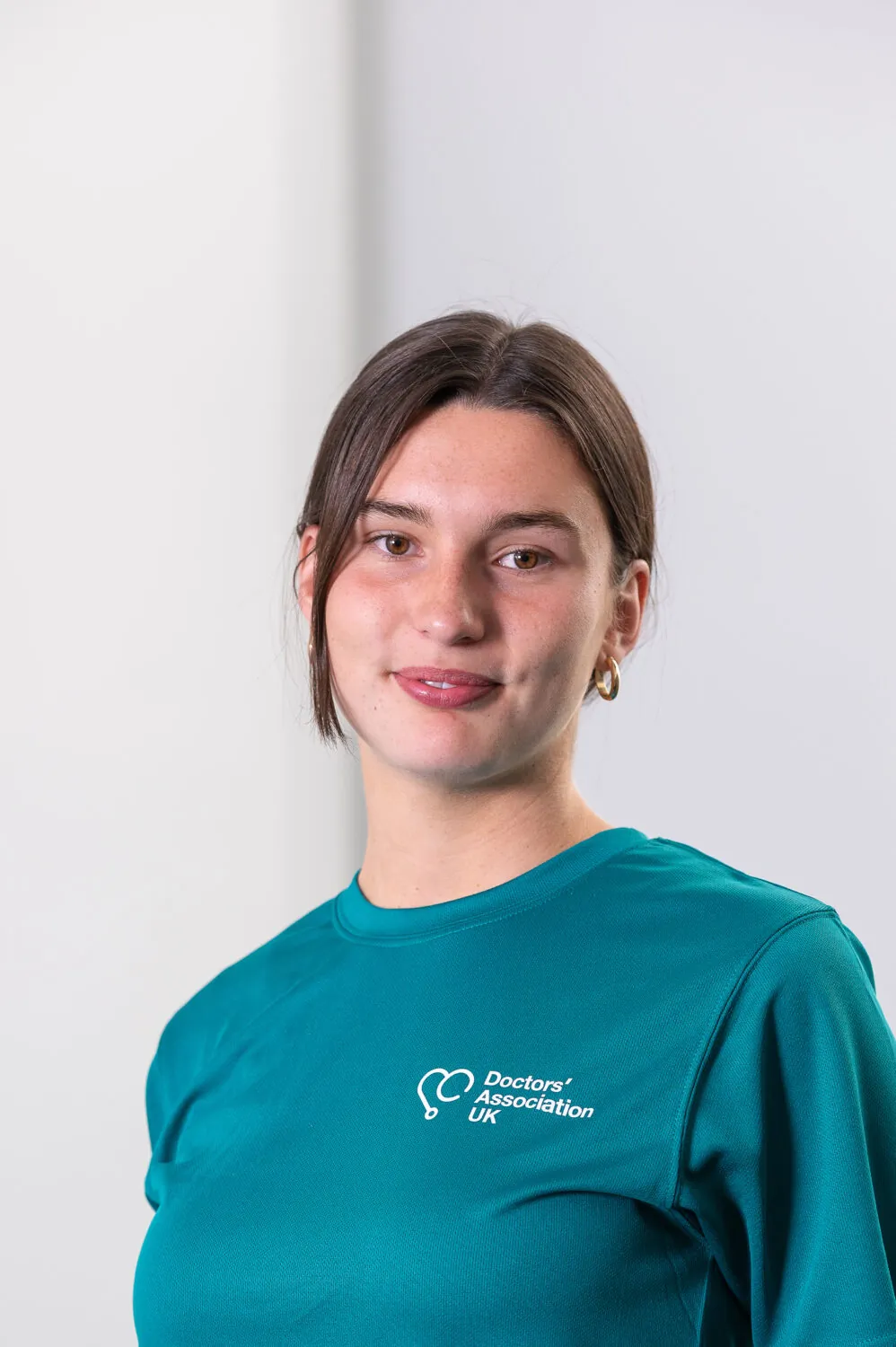A new report highlighting the workplace experiences of UK doctors has been described as ‘shocking’ by DAUK chair Ms Helen Fernandes.
The General Medical Council (GMC) has today released The state of medical education and practice in the UK Workplace experiences 2024.
The report shows that doctors are increasingly taking their own steps to address workload and capacity pressures.
It says that almost one in five (19 per cent) doctors reduced their hours and two in five (41 per cent) declined additional work in the past year to protect their wellbeing.
The report also found that 33 per cent of doctors are struggling with their workload, while 13 per cent said they were very likely to move abroad to practise medicine in the next 12 months and a further 17 per cent said they were ‘fairly likely’ to.
Patient safety
Ms Fernandes said: “The results of this report are shocking but not surprising.
“Patient safety is being put at risk as doctors work long hours and face huge workload pressures that are impacting their mental health and wellbeing.
“Before the election, Labour said it planned to cut NHS waiting lists by asking staff to deliver 40,000 more appointments a week through evening and weekend clinics, but the reality is that doctors are under so much pressure that one in five are cutting back on work and two in five are declining additional work.
“And with large numbers considering moving abroad to work the health service will be stretched even more.
“Our people are our greatest asset and the government needs to value them and the work they perform.
“It needs to invest in the staff, pay them better, improve working conditions, and eradicate soul-crushing bureaucracy which takes time away from the actual job.”
Ms Fernandes said there was ‘a certain irony’ to the GMC’s report highlighting the pressures facing doctors while it pressed ahead with the regulation of physician associates (PAs).
Physician associates
She said. “The GMC is pressing ahead with the regulation of PAs, but will not be overseeing their post-graduate qualifications or training or scope limits.
“PAs are occupying roles traditionally carried out by doctors. They are often paid more than doctors for doing less work, and are adding to the workload of doctors, who need to supervise them in their roles.
“Doctors already struggling with their own workloads don’t want it added to by having to review the work of PAs.
“We need properly trained and properly qualified doctors to ensure the highest level of care for patients and to ease the pressure and workload for doctors.”
The GMC report also highlights some of the issues facing GPs.
GPs last week voted to take collective action in response to the disputed new GP contract, and this new GMC report found that almost half (48 per cent) reported they are struggling with their workload. This is compared to 33 per cent of all doctors.
General practice
DAUK’s GP spokesperson Dr Steve Taylor posted on X, formerly known as Twitter, that patient care was at risk.
Dr Taylor posted: “Doctors are entering an unsafe, unhealthy workplace. Patient care is at risk and @NHSE_WTE are asleep at the wheel.
“@NHSEngland is failing doctors and patients.
“Everyone – especially patients – will suffer unless they improve this urgently.”
The GMC report says employers should:
- focus on developing more compassionate leadership
- create more supportive and inclusive environments, which are built on providing inductions for new joiners
- demonstrate that doctors and other healthcare professionals are properly valued
- make sure doctors feel empowered and listened to
Charlie Massey, GMC chief executive, said: “We know that when doctors are overworked and under supported there is a risk not only to doctors themselves, but also to patient care.
“These data show that more doctors are now taking matters into their own hands, not just to protect their own health and wellbeing, but that of their patients as well. For many, this will often be the only responsible course to deliver safe care. But this action comes with risks.
“We must be clear that doctors protecting their wellbeing is essential, but they shouldn’t feel their only option is to reduce their working hours. This presents challenges in capacity planning, adding further pressure to services that are already stretched.”




